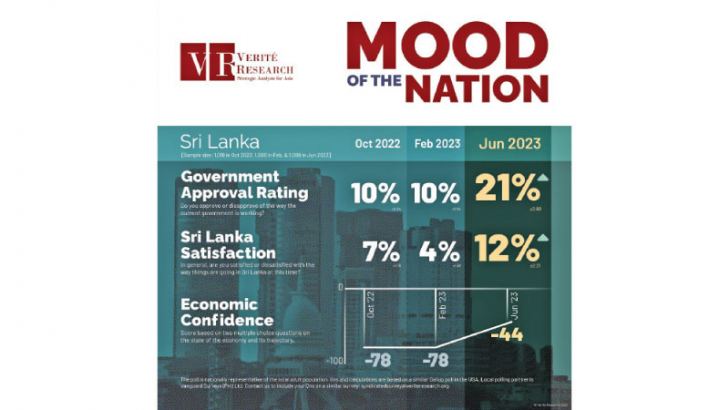Last Thursday, the European Commission announced that it had removed Sri Lanka (B1 stable) from the list of non-cooperative countries in the fight against illegal fishing, effectively lifting a ban on fish imported from Sri Lanka by the European Union (EU).
Sri Lanka’s resumption of exporting fish to the EU will boost exports, foreign exchange revenues, employment and income, all credit-positive effects at a time when GDP growth is moderate and balance-of-payment pressures have intensified. More generally, the ability of Sri Lankan authorities to implement legislation and measures aimed at preventing and sanctioning illegal fishing is a credit-positive indication of the sovereign’s institutional capacity to execute change to address key impediments to growth and external stability.
The EU’s step also bodes well for further measures fostering higher exports from Sri Lanka to the region. In particular, Sri Lanka is negotiating a return to the EU’s Generalised Scheme of Preferences plus (GSP+), which would eliminate all tariffs on Sri Lanka’s exports at their entry in the EU.
The benefits were revoked in 2010. GSP+ would restore Sri Lanka’s competitiveness because some of its competitors, including Pakistan, have access to the tariff exemption. Although the GSP+ negotiation is separate from the review of illegal fishing, European officials have indicated that some progress had been made toward Sri Lanka achieving the human rights, labour rights and environment standards conditions of GSP+. Successful policies and negotiations on illegal fishing may help advance GSP+ discussions.
The EU ban on fish exports negatively affected Sri Lanka’s economy and balance of payments.
Before the ban, 40% of Sri Lanka’s fish exports were shipped to the EU. In 2015, with the ban in place, fish exports declined 35.5% to $163.1 million (see exhibit). As a result, fish exports amounted to around 1% of total exports, down from 1.5% in 2014. Other main export markets for Sri Lanka’s fish exports are the US and Japan.
Moreover, informal employment is ubiquitous in the fishing sector. As such, the negative economic effects of the ban were likely more severe than recorded by official employment statistics, which show broadly stable employment in agriculture and fishing last year.
Lifting the ban will directly benefit the economy and balance of payments through higher income and foreign exchange revenues. For instance, in the year to January 2016, foreign exchange reserves fell by $842 million to only 3.4 months of 2015 imports.
A $90 million increase in fish exports to their 2014 levels would mitigate downward pressure on reserves that is likely to continue at least until an agreement on a financial assistance programme by the International Monetary Fund is reached and becomes effective.
The indirect effects of the end of the EU ban are likely to be more significant, including a boost to fish processing activity and exports, household incomes and overall economic activity.
This is significant at a time when the economy’s growth rate is showing signs of slowing. Real GDP growth was only 4.8% in 2015, the third consecutive year of moderate growth.
We forecast that GDP growth will increase by 4.5% in 2016. Prospects of higher fish exports mitigate the downside risks to our forecast.




Add new comment